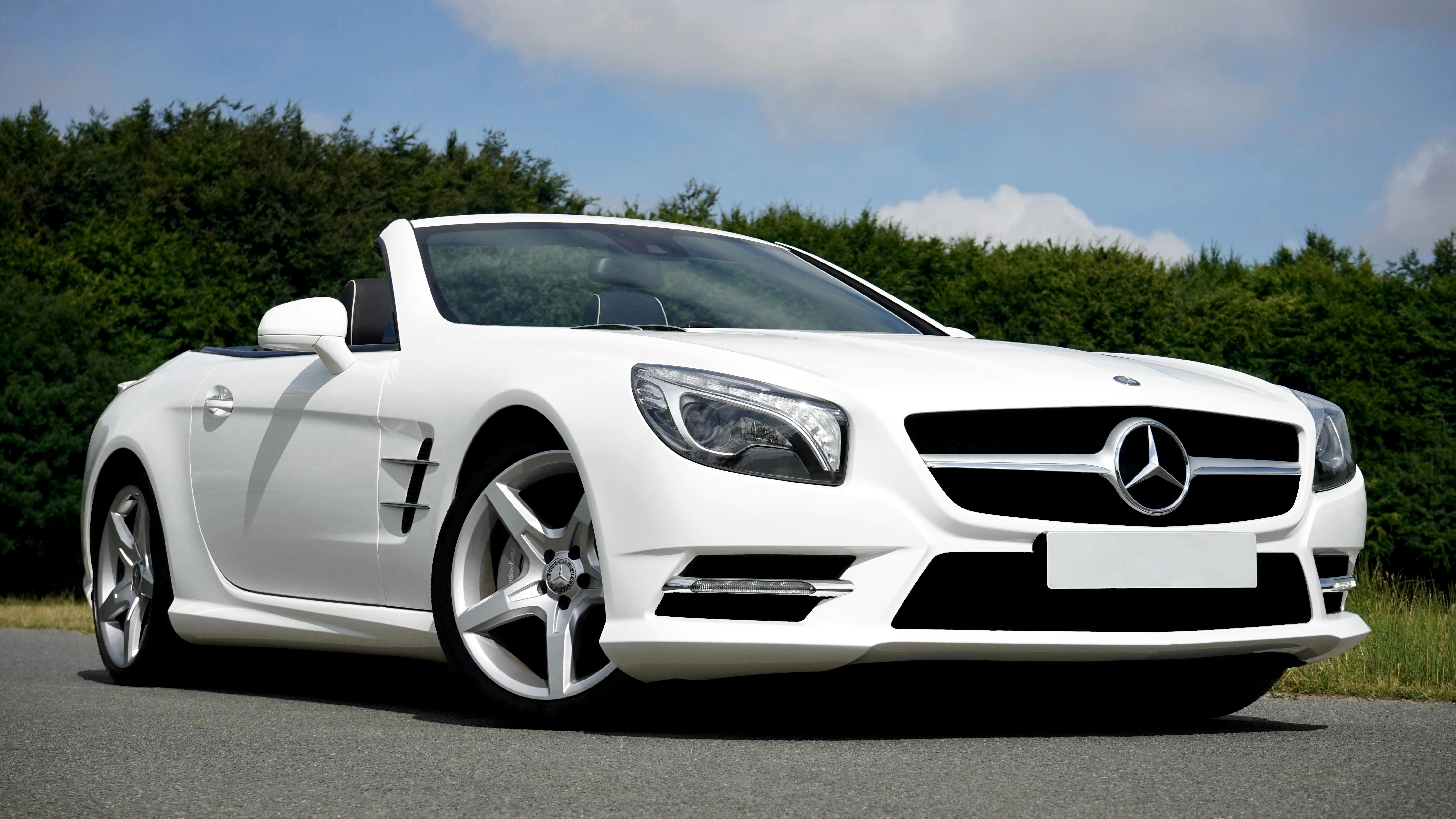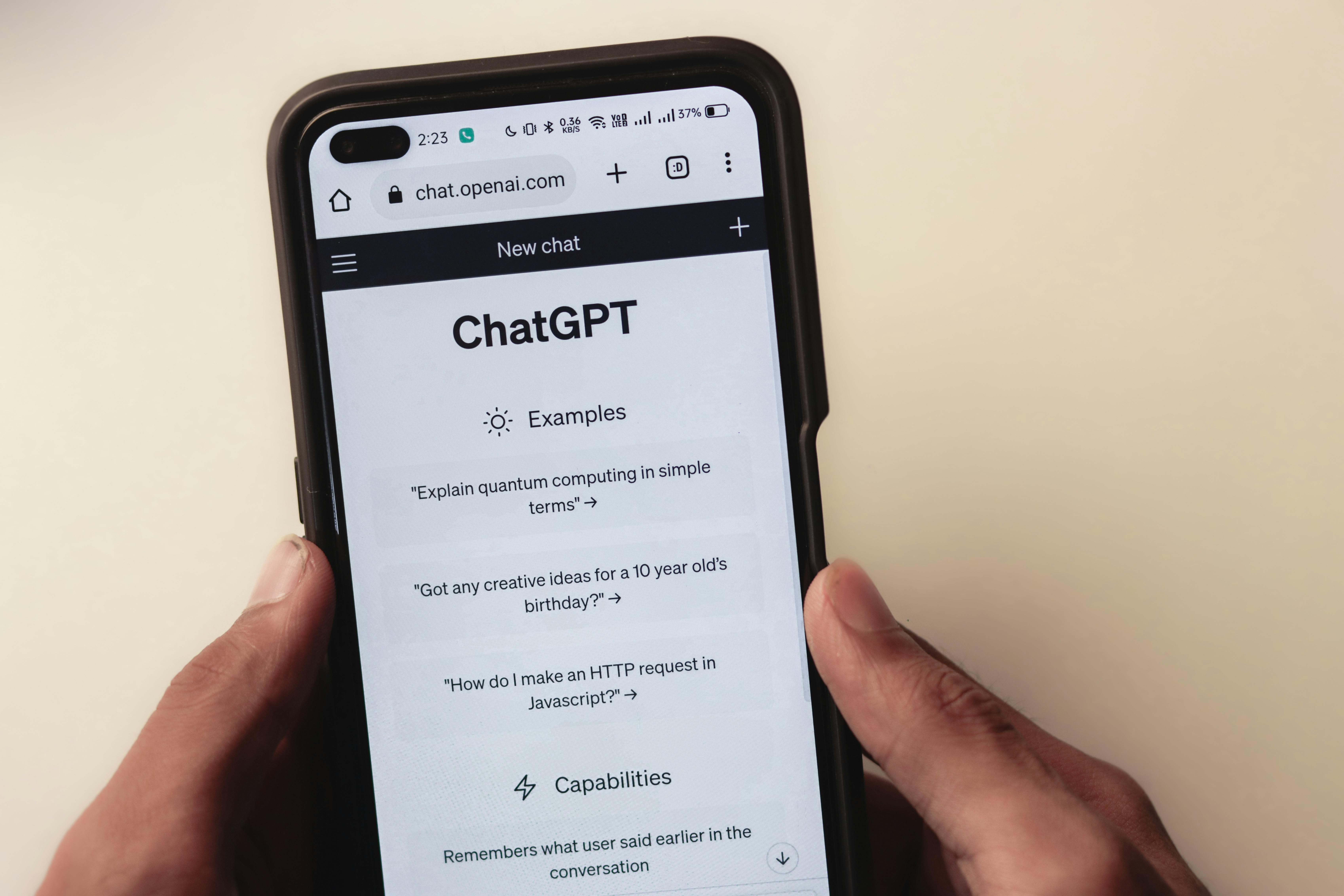Decoding Luxury: 8 High-Impact Keywords Resellers Use to Attract Premium Buyers
Let's be real: selling luxury isn't like selling bubblegum. You're not just moving a product; you’re selling a dream, a lifestyle, a feeling of "I've made it." As a reseller, especially in the high-end market, standing out from the crowd isn't just a goal—it's survival. And how do you do that? It's not just about having the fanciest watch or the most exclusive handbag. It’s about how you *talk* about it.
Think about it. When someone's dropping serious cash on something special, they aren't just typing in "gold watch" into a search bar. They’re looking for *the* gold watch, the one that makes their friends' jaws drop, the one that whispers success. So, how do you make sure your dazzling inventory pops up right in front of those eager eyes? It all comes down to the words you use.
1. Premium Qualifiers: The Mark of Exclusivity
When you’re selling something truly special, you don’t just say it’s "good." You say it’s handcrafted, bespoke, or a limited edition. These aren't just fancy words; they're signals. They tell your potential buyer, "Hey, this isn't mass-produced. This is unique."
Think about a watchmaker meticulously assembling each tiny gear, or a tailor creating a suit specifically for one person. These terms evoke a sense of artistry and individuality. As epicedits.co.uk points out, using terms like "handcrafted," "bespoke," and "limited edition" screams exclusivity and quality, which is exactly what a discerning buyer wants. They actively seek out things that aren't just expensive, but that also carry a story of careful creation and limited availability.
2. Price-Indicating Terms: Setting the Expectation
This might sound counterintuitive at first. Why would you want to signal "expensive" right off the bat? Because premium buyers aren't looking for a bargain bin. They're looking for quality, prestige, and often, an investment. When they see words like premium, luxury, and high-end, it aligns with their expectations.
These aren't red flags for the affluent; they are green lights. They are looking for products that meet a certain standard, and these words immediately tell them, "Yes, this is what you’re looking for. This is worth your time and money." According to laninstarmarketing.blog, these terms resonate directly with affluent consumers who are actively seeking superior products. They understand that quality comes with a price tag, and they’re willing to pay it for the right item.
3. Location-Specific Modifiers: Prestige Through Geography
Some places just *sound* expensive, don't they? Think of neighborhoods, cities, or even countries known for opulence and high society. When you include terms like Mayfair, Monaco, or Beverly Hills in your listings, you’re doing more than just naming a place. You’re conjuring an image.
You're associating your product with a certain lifestyle, a certain status. A "Beverly Hills mansion" isn't just a house; it's a statement. A "Monaco yacht charter" is clearly not your average boat ride. laninstarmarketing.blog highlights how these geographic terms target consumers who associate prestige with specific, often glamorous, locations. This taps into the aspirational side of luxury buying. Buyers often want to feel connected to the world of the elite, and associating your product with these locales helps bridge that gap.
4. Long-Tail Keywords: Precision Targeting
This is where you get super specific. Instead of just "shoes," you might use bespoke Italian leather shoes. Instead of "watch," you could go with limited edition Swiss automatic watches. Why? Because people who know exactly what they want don't search broadly. They search precisely.
These long, detailed phrases capture someone who has already done their homework, who knows their stuff, and who is ready to buy. As hyperweb.design points out, these specific phrases capture consumers with distinct preferences, leading directly to higher conversion rates. Think about it: if someone searches for "bespoke Italian leather shoes," they’re not just browsing. They're probably looking for *that exact thing* and are very likely to make a purchase if your item matches their search.
5. Experience-Driven Keywords: Selling the Dream
Luxury isn’t just about owning things; it’s about living a certain way. People invest in luxury for the *experience* it provides, the stories it allows them to tell, and the feelings it evokes. So, words like luxury travel experiences or high-end dining resonate deeply.
These keywords appeal to the desire for a premium lifestyle, not just a product. laninstarmarketing.blog emphasizes that such phrases tap into the consumer's aspirations for an elevated way of living. When someone buys a luxury car, they're not just buying transport; they're buying the feeling of driving a masterpiece, the admiring glances, the comfort of the plush interior.
6. Brand-Specific Keywords: Tapping into Loyalty
This one seems obvious, but it’s crucial. Luxury buyers are often fiercely loyal to certain brands. They have their favorites: Chanel, Gucci, Rolex, Louis Vuitton. When they're looking for a specific item, they often start with the brand name.
Using these brand names directly in your listings is key because it targets consumers who have already built trust and desire for these specific labels. As laninstarmarketing.blog points out, directly naming these renowned brands attracts buyers already committed to those labels. Someone looking for a "Chanel flap bag" isn't likely to settle for a no-name alternative, no matter how nice it is. They want *the* Chanel.
7. Quality Indicators: The Promise of Perfection
Beyond just saying "premium," you need to reinforce *why* it's premium. Terms like handcrafted, exclusive, and limited edition aren't just about scarcity; they’re about the superior craftsmanship and rarity that justify the price tag.
These words convey meticulous attention to detail, a rejection of mass production, and a promise of something truly special. laninstarmarketing.blog reiterates that these terms signal superior craftsmanship and rarity. A luxury buyer isn't just buying something expensive; they're buying something well-made, something that will last, something that few others possess.
8. Lifestyle-Oriented Keywords: The Aspiration Factor
Finally, we hit the emotional core: aspirations. Luxury is often about living the dream. So, keywords like luxury living near the beach or celebrity-style mansions hit hard. These aren't just descriptions of an item; they are descriptions of a desired life.
These expressions resonate with aspirational buyers, as highlighted by seosandwitch.com. They want to be part of a world that feels glamorous, successful, and enviable. When you're selling a high-end watch, you're not just selling a timepiece; you’re selling the image of someone powerful and punctual, someone who values their time. A "luxury penthouse with skyline views" isn't just an apartment; it's a private sanctuary in the clouds, a symbol of extreme success.
Wrapping It Up: The Art of Speaking Luxury
The real trick is to weave these keywords naturally into your descriptions, titles, and even your overall brand voice. Don't just stuff them in. Make them part of the narrative. Explain why something is handcrafted, or what makes it a limited edition. Tell the story that these powerful words hint at.
So there you have it: eight powerful categories of keywords that can transform your luxury reselling game. It's not just about getting more traffic; it’s about getting the *right* traffic. You want people who are ready to appreciate the value, exclusivity, and prestige of what you offer.
- Premium Qualifiers like "handcrafted" and "bespoke" signal unique quality.
- Price-Indicating Terms such as "luxury" and "high-end" set the right expectations.
- Location-Specific Modifiers like "Monaco" or "Beverly Hills" conjure aspirational imagery.
- Long-Tail Keywords go specific ("bespoke Italian leather shoes") to catch exact matches.
- Experience-Driven Keywords paint a picture of a lifestyle ("luxury travel experiences").
- Brand-Specific Keywords directly name sought-after labels ("Gucci," "Chanel").
- Quality Indicators stress craftsmanship and rarity ("exclusive," "limited edition").
- Lifestyle-Oriented Keywords evoke the dream life ("celebrity-style mansions").
Reselling luxury isn't a science, it's an art. And just like any artist, you need the right tools in your palette. These keywords are those tools. They help you craft a message that resonates with a highly specific, highly discerning audience. Stop thinking about merely selling products and start thinking about selling dreams, status, and unparalleled quality. When you learn to speak the language of luxury, your listings won't just be seen; they'll be coveted. And that, my friends, is where the real money is made. Now go forth and conquer that luxury market!



